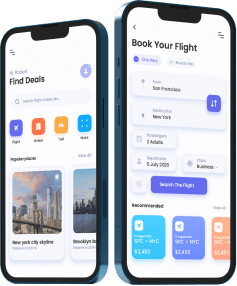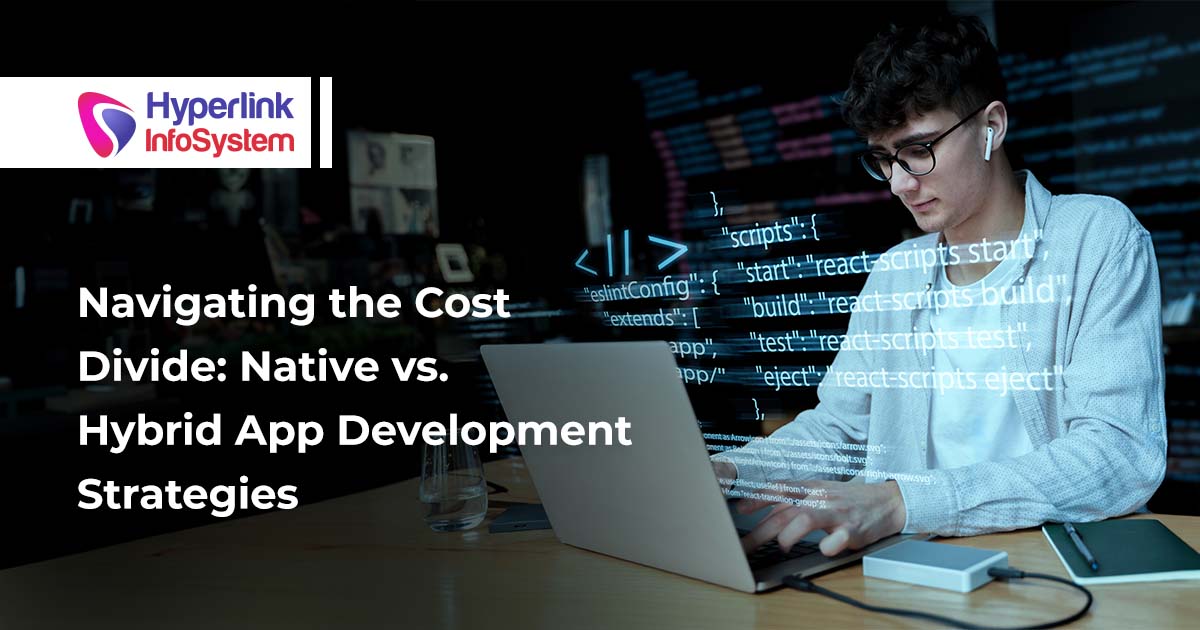In computer programming, "full stack" refers to the process of developing both the front end and the back end. This is the most popular job description for a programmer with the expertise to manage all aspects of a website's launch.
Front-end development, back-end development, development and operations, and project management are all parts of the full-stack process.
Competencies Needed By Full-Stack Developers
To successfully juggle the needs of front-end and back-end development, full-stack developers require a broad variety of talents. Among the most crucial abilities are:
Database and Caching: Web pages can now be generated on the fly thanks to a combination of database caching and server-side object caching. Because the website can get the appropriate page from the database in response to each user instruction, it opens the door to a wider variety of uses. This takes place throughout the back-end development phase.
Knowledge of the API: Having a firm grasp of the software's application program interface (API) is essential. The API, short for "application program interface," is a collection of protocols and procedures that govern how the program functions. Creating application programming interfaces (APIs) is a common responsibility for back-end developers. To be a full-stack developer, you must be able to write them as well.
Version Control Systems: The continual testing of a website throughout its development necessitates the use of a version control system. For this purpose, it is necessary to generate variants of the source code to run individual tests on their constituent components. To keep track of all how code has been altered, web developers use version control systems.
State-of-the-art Technology: Modern hardware and software enable quick and simple front-end development. Libraries like Vue.js and Bootstrap make it possible to reuse pre-written code or snippets of code that you'll need for a variety of different applications. All the major front-end technologies should be familiar to a full-stack developer.
Fundamental Design Knowledge: A well-received website will have an attractive aesthetic and user-friendly features. All of these things are part of the design fundamentals. Back-end developers focus on making sure the computer knows what it's intended to do, while front-end developers focus on how the user will interact with the website, which is one of the reasons why the two are separated. When you're a full-stack developer, you need to be able to put equal emphasis on aesthetics and performance.
Development Languages: You need to know the three most common front-end languages in addition to at least one back-end language. You'll likely employ all of these skills on every project, so your understanding of them should be broad.
Why You Should Hire Hyperlink Infosystem's Full Stack Developers
Years of expertise in JavaScript, CCS, HTML, databases, web storage, and backend languages are just some of the areas in which our Full Stack engineers excel.
- The ability to create applications and websites from the ground up
- Full-stack portability and migration
- In-depth creation of an online storefront
- Create a complete SaaS application stack
- Development of complete software stacks on the cloud
- Web hosting and integration provided in full
- Creating Application Programming Interfaces
We Offer End-To-End Services With Top-Notch Tools
Tools and frameworks like Node.js, MongoDB, Microsoft.NET, React, PHP, Polymer, etc. are all part of our complete stack development services.
Java
When working on full-stack development projects, whether for a single server or numerous, we almost always turn to the general-purpose programming language Java.
Backbone.JS
Using the toolset provided by the Backbone.js library, we develop bespoke frameworks for web-based applications.
Node.JS
A key component of Hyperlink InfoSystem is the Node.js cross-browser environment, which is used in the development of scalable network applications.
PHP
Developers at Hyperlink InfoSystem use PHP to produce dynamic web pages and streamline the development process.
Polymer
To include a wide range of features in your project, our programmers use the Polymer package to insert JavaScript HTML elements.
Ruby On Rails
Applications with a Model-View-Controller (MVC) architecture are what our programmers specialize in, and they do so with the help of Ruby on Rails.
.NET Stack
We provide development services for C# and other languages using Microsoft's .NET Stack.
ReactJS
We use the ReactJS library to develop user interfaces.
AngularJS
Using AngularJS, we design highly adaptable apps for the web and mobile devices.
Professional Database Design And Development For Businesses
From massive datasets, our Full-stack developers extract mission-critical insights. We employ a staff of database engineers that are well-versed in and proficient with all of today's most in-demand bespoke database development services, technologies, and methods.
MongoDB
Because of its portability across several platforms and its capacity to handle large amounts of data, we have chosen to utilize MongoDB as our primary database system.
PostgreSQL
Our PostgreSQL connectors allow other programs to store and retrieve data from PostgreSQL.
ExpressJS
Hyperlink InfoSystem makes use of the Express framework to handle HTTP requests from the world wide web and mobile apps.
NoSQL
To accommodate vast volumes of organized, unstructured, and semi-structured data, our engineers include NoSQL.
MySQL
When developing a unique website, our team turns to MySQL. This is particularly true for CMSs like WordPress, Drupal, and Joomla.
Database Management System (SQL Server)
For data storage and retrieval, we rely on Microsoft SQL Server, a relational database management system. Meet with Hyperlink InfoSystem to hire full stack developers in UK.



